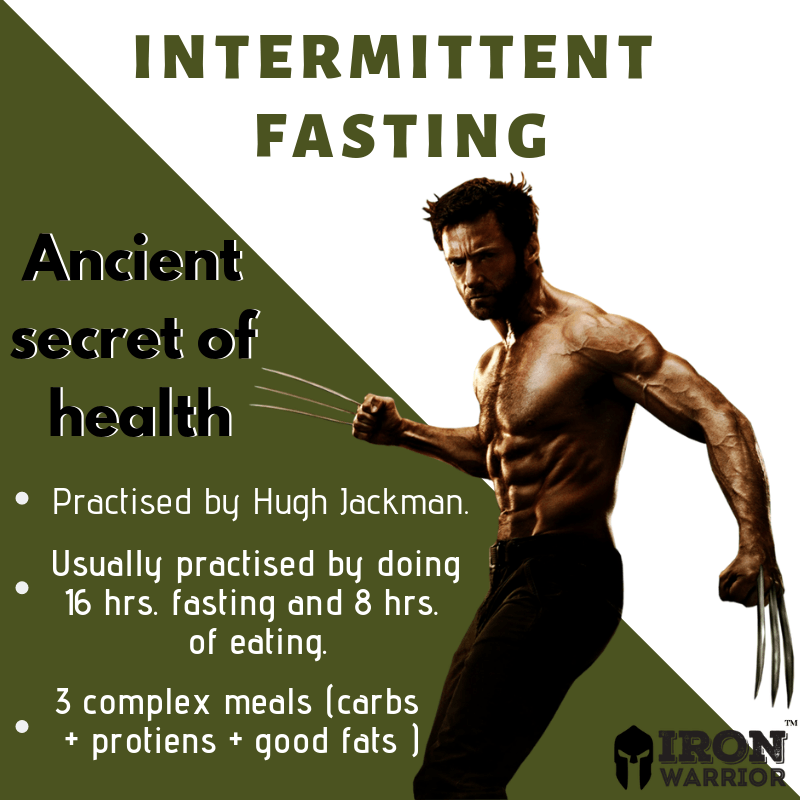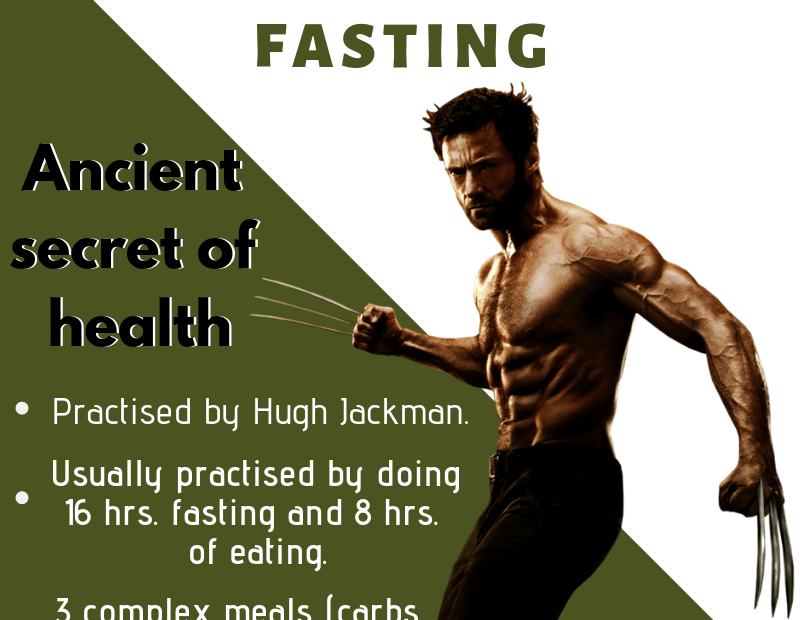
What is Intermittent Fasting
Intermittent fasting is the ancient secret of health.
It is ancient because it has been practised throughout all of human history.
It’s a secret because this powerful habit has been virtually forgotten.
It doesn’t mean starvation,
Starvation is the involuntary absence of food. It is neither deliberate nor controlled. Fasting, on the other hand,
is the voluntary withholding of food for spiritual, health, or other reasons.
How does it work ?
At its very core, fasting simply allows the body to burn off excess body fat. When we eat, more food energy is ingested than can immediately be used. Some of this energy must be stored away for later use. Insulin is the key hormone involved in the storage of food energy.
It is important to realise that this is normal and humans have evolved to fast without detrimental health consequences.
Body fat is merely food energy that has been stored away. If you don’t eat, your body will simply “eat” its own fat for energy
When we eat, more food energy is ingested than can immediately be used. Some of this energy must be stored away for later use.
EAT FOOD > INCREASE INSULIN > STORE IN LIVER OR PRODUCE FAT IN LIVER
FASTING > DECREASE INSULIN > BURN STORED SUGAR ,BURN FAT
The process goes in reverse when we do not eat (intermittent fasting). Insulin levels fall, signalling the body to start burning stored energy as no more is coming through food. Blood glucose falls, so the body must now pull glucose out of storage to burn for energy. Glycogen is the most easily accessible energy source. It is broken down into glucose molecules to provide energy for the other cells. This can provide enough energy to power the body for 24-36 hours. After that, the body will start breaking down fat for energy.
BENEFITS OF INTERMITTENT FASTING:
> weight loss and fat loss
> lower blood insulin and sugar level
> may help in reverse type 2 diabetes
> increased energy
> increased growth hormones
HOW TO DO IT:
There are many ways people plan the best suitable is 16-8. This way of doing intermittent fasting involves daily fasting for 16 hours. Sometimes this is also referred to as an 8-hour eating ‘window’. You eat all your meals within an 8-hour time period and fast for the remaining 16 hours.
For example, you may eat all your meals within the time period of 11:00 am and 7:00 pm. Generally, this means skipping breakfast. You generally eat two or three meals within this 8-hour period.
Who should NOT fast?
You should not do intermittent fasting if you are:
Underweight ( BMI < 18.5)
Pregnant – you need extra nutrients for your child.
Breastfeeding – you need extra nutrients for your child.
A child under 18 – you need extra nutrients to grow.
